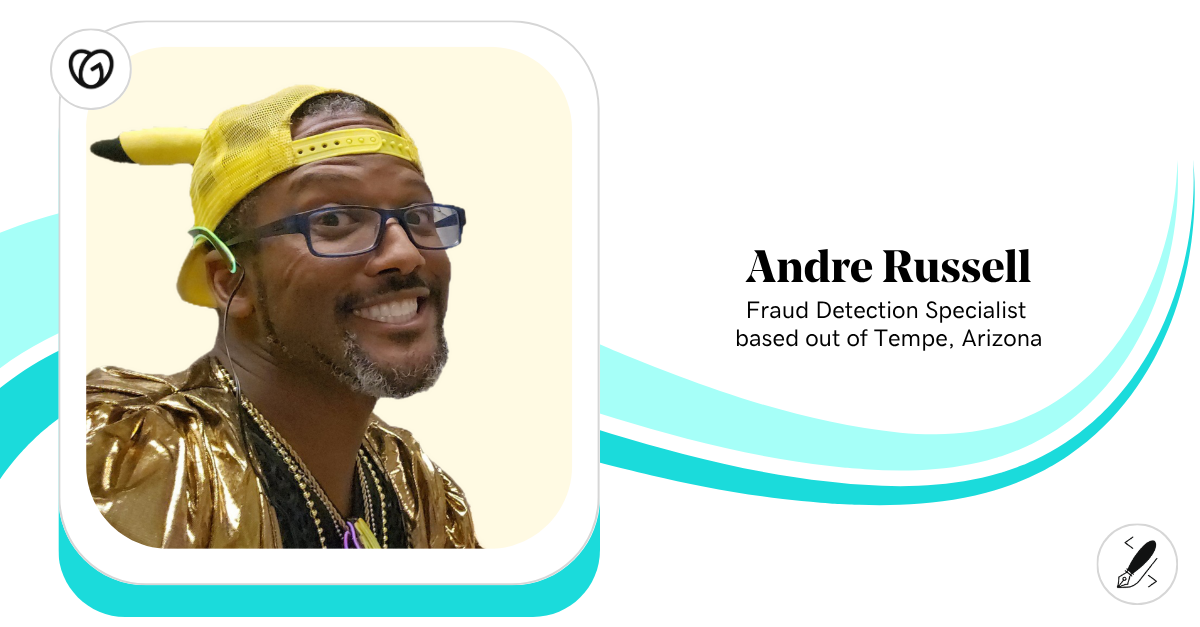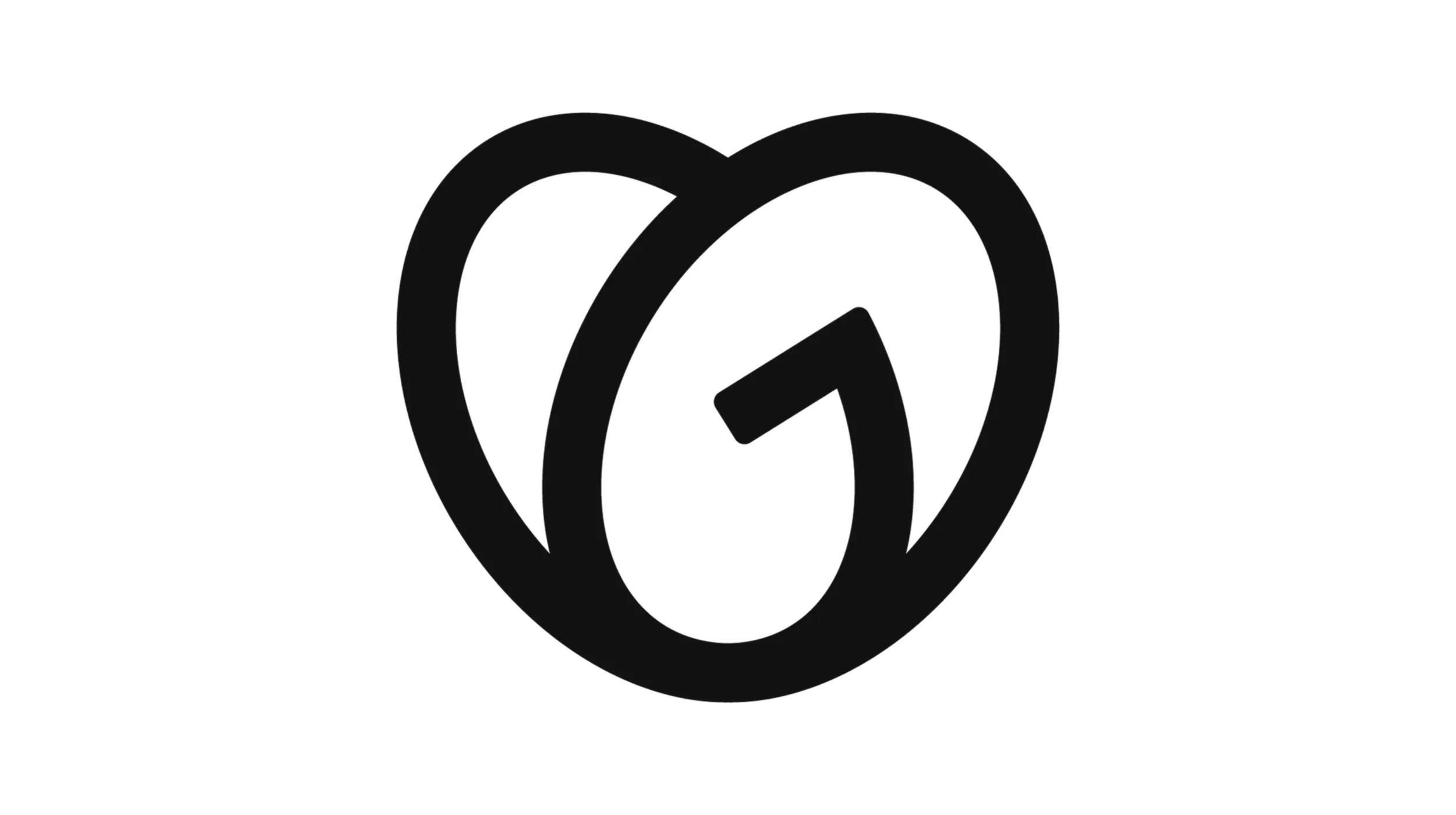If you think that the only way to start a freelancing career as a web designer or developer is to secure a 9-to-5 office job, think again. More people are making the transition from employee to freelancer than ever before.
In fact, by 2027, an estimated 86.5 million people (half of the U.S. workforce) will be freelancing at least part-time!
Making the decision to start freelancing is easy. But actually making the transition from employee to freelancer requires you to do some planning. You need to know where to start and make sure that freelancing is a good fit for your long-term professional and personal goals. Read on to learn how to become a freelancer.
Benefits of freelancing
People start a freelancing career for many reasons. Some make the switch because they want to be their own bosses. Others decide to freelance because they want more flexibility. Whatever the reasons are and whatever industries freelancers start in, they all experience similar benefits of freelancing. These include:
- Flexible schedules
- The ability to set your own pay rate
- Being able to work from anywhere
- Having control over your workload
- Complete independence to run your business
- The chance to choose your own clients
Freelancers work for themselves, taking on individual clients as their workload allows. They’re effectively the owners of their own businesses and are in charge of everything from marketing and client acquisitions to bookkeeping and office management. And they can operate in just about every industry.
Start your freelancing career with the help of GoDaddy Pro
Although freelancers can work within a variety of industries and disciplines, two of the most lucrative and easy to break into are web development and web design. If you have experience building or designing websites, becoming a freelancer can help you progress along your career path faster. However, you’ll want to invest in the right tools to help you run your business.
The Hub by GoDaddy Pro will make managing your freelance business easy, allowing you to access multiple client sites from a single dashboard with a single login.
The Hub also lets you manage multiple sites — even if they’re not hosted by GoDaddy — so you can work as efficiently as possible. The built-in project management tool will help you stay on top of your busy schedule. The easy site-update features let you keep clients' sites running smoothly. And the GoDaddy Pro Community of experienced designers and developers will give you immediate access to a vibrant and supportive network as soon as you sign up.
Questions to ask yourself before becoming a freelancer
Now that you understand the benefits of being a freelancer, you’re likely wondering if it’s the right fit for your goals. Getting started in the world of freelancing requires lining up clients and building relationships before making the leap. The transition from employee to freelancer isn’t something you should consider lightly, especially if you’re planning on freelancing full time.
It’s important to weigh the pros and cons and consider how your freelance career will impact your finances and your lifestyle before you make your choice. Ask yourself these questions before you make a decision.
Is freelance for me?
It’s important to realize that freelancing isn’t for everyone. It’s not the type of job that starts when you head to the office and ends when you call it a day. You’re constantly going to have to look for new clients, identify ways to provide better services to the clients you have and figure out new methods to manage your time on your own.
Before you make the switch, think about your long-term goals and consider whether freelancing will help you reach those goals.
Think about your financial situation. If you’re wondering whether to start a freelancing career, remember that all expenses for running your business will be yours to bear. You’ll have to cover your own taxes, pay for your own health insurance and invest in technology out of pocket.
As a freelancer, you’re effectively your own boss. If you need constant supervision to stay motivated or prefer someone else calling the shots and structuring your day, freelancing isn’t a good option. But if you work well under pressure and love having the freedom to get work done on your own schedule, freelancing may be a good fit.
How will I find work as a freelancer?
When you’re first starting out, work won’t just magically appear in your pipeline. You’ll need to be proactive and look for work each day. So, how do freelancers find work? At first, most start out with job boards. Sites like Indeed, LinkedIn and FlexJobs advertise freelance roles across all industries. You’ll be able to find positions that fit your needs quickly.
But searching online job boards isn’t the only way to find work.
Leverage any connections you have in industries that you can help. For example, if you know a small business owner, ask them if they or anyone in their network needs help with a website or similar project. Talk to the alumni association at your college or university and see if they know of anyone that needs a web designer. Consider joining networking groups. You’ll get a chance to polish your elevator pitch and make important connections that can lead to long-term clients.
Think outside of the box when you’re first starting out.
Once you start building up a reputation, you’ll find it easier to have a steady stream of new and repeat clients that reach out when they need you.
Though it’s tempting to work with dedicated freelance marketplaces that connect freelancers to businesses actively in need of their services when you’re first starting out, there is a downside. Many of these sites attract clients looking to hire freelancers for pennies on the dollar.
Though you’ll be able to find work, the work you get may be so low paying that it won’t be worth your time. Remember, it’s better to find work that pays you for your time than it is to pack your schedule with low-paying gigs that don’t give you the chance to do what you’re great at.
Do I have the skills for freelancing?
Having web design and development skills alone aren’t the only things you’ll need to start a freelancing career. Remember, as a freelancer, you’re effectively the owner of your own company. That means you need the same types of skills that successful business owners have if you want to do well. These include:
- Time management: You’ll need to set your own schedule, meet deadlines and juggle the requests your clients have without getting behind.
- Ability to negotiate: It’s up to you to negotiate fair prices and the types of projects you’re able to take on at any given time. You’ll need to be willing to have those potentially tough conversations to advocate for yourself and your business.
- Confidence: If you’re constantly doubting yourself and your abilities, prospective clients will be inclined to look for other web designers or developers. You need to be confident in your skills, your ability to do the job and your strengths as a freelancer.
- Patience: Clients can be slow to respond, issues pop up throughout each project and certain tasks can seem overly tedious or boring, but you still need to take care of them. The key to successfully dealing with those issues lies in being patient and taking your time to make sure you handle each situation and problem well.
- Responsibility: You’re answerable to your clients but ultimately, you’re the boss. You need to be willing to take responsibility for your actions, follow through with projects, take ownership of the business and find ways to grow your operation to generate a sustainable income.
- Decision-making skills: It’s your business and it’s up to you to decide how to progress, what services to offer, how to implement changes and how to manage your entire company. You’ll need strong decision-making skills if you want to grow your business and increase your income year over year.
So, how do I become a freelancer?
If you’ve answered these questions and have determined that starting a freelance career is the right fit for you, great! But if you want to get your business kicked off on the right foot, there’s a bit more work you’ll need to do. The more you prepare in the beginning, the better off your business will be and the more successful you’ll be in the long run. Here’s what you need to do:
Define your goals and service offering
Before you can start a freelance career and take on your first client, you need to figure out what types of services you’ll offer. Look at your skill set and determine your strengths, weaknesses and abilities. Then, think about how you can use those skills to provide services to customers and create value for future clients. You don’t have to offer every service under the sun. Offer the services you’re most comfortable providing and build your business from those core services.
You can always grow your offerings over time as you become more confident in your freelance business.
It’s also a good idea to look at both your long-term and short-term goals. This makes it easier to create a business plan to help you get there. Think about what you want to achieve from freelancing. Are you hoping to generate a little extra income on the side, or do you want freelancing to become your full-time job? There’s no right or wrong answer here.
It’s up to you and your personal preferences. Just remember that your goals can change over time, so try to review your goals at least twice a year so you can keep your business growing on the right track.
Determine who your target audience is
To be a successful freelancer, you must have a firm understanding of who your target clients are. Think about the type of person or company that can benefit from your skills and your services. Then, consider what types of clients you’d enjoy working for most. By pursuing clients that closely match the vision of your ideal client, you’ll work with businesses that align with your values and your passions.
That said, it’s tempting to take on any client when you’re first starting out just to generate some kind of revenue.
You can, but do so with caution. Ultimately, you’re in full control of the clients you partner with and the types of work you do. You shouldn’t pursue a project if it doesn’t align with your goals and values. And if the only reason you’re considering working with a client is for the money, you won’t be able to do your best work.
Remember, the work you’re doing for clients should strengthen your personal brand and improve your portfolio. Even when partnering with your first client, make sure the relationship will benefit both of you.
Create your personal brand
There’s a lot of competition in the freelance world, and that means finding ways to stand out from other more experienced freelancers is the only way to guarantee your success. The easiest way to start is by establishing your personal brand. Think about the skills and abilities you have that make you different from other web designers or developers already out there.
Find ways to communicate those differences on your website and social media pages.
Showcasing your skills and giving prospective clients a way to gain an understanding of your personal brand is key and your website, portfolio and social media pages are a great place to start. Create a website that speaks to the services you provide and lets clients get a peek into your personality, values and, most importantly, your work. Leverage LinkedIn and other social media platforms to network with business owners and other service providers and get your name out there.
Calculate your price
Once you have an idea of your target client and a better understanding of your brand’s personality, you’ll want to figure out your pricing strategy. The best place to start is by looking at what your direct competitors are charging for services like the ones you’ll provide. This will give you an idea of what clients are willing to pay and makes it easier for you to set competitive prices for your business.
That said, setting prices just because your competitors are getting those rates isn’t the best thing to do when starting a freelance business. You also need to consider the following:
- Your experience in the industry
- Your skill set and industries served
- Your costs to complete each job
- The project timeline
- Your desired annual earnings
Every project is different, and your exact estimate will vary based on the scope of each project. Most freelancers prefer to set pricing in one of two ways: a fixed rate per project or hourly rates for work performed. When you set a fixed rate per project, you’ll charge that set amount regardless of how much time you spend working.
This is ideal for experienced web designers and developers who can complete large volumes of work in less time. By setting an hourly rate, you’re ensuring that you’re paid for all work performed, even if the project takes you longer.
Once you determine your pricing strategy, you’ll be ready to start putting together competitive project estimates. Keep in mind that your rates can and should change as you gain more experience in the industry. Your clients should pay you for your experience and your skills and, the more experience you have, the more you should charge.
Build your freelance portfolio
To attract clients that you’ll enjoy working with, you’ll need to show off your skills. The best way to do that is to build a portfolio that showcases your past work. Ideally, you’ll use examples you’ve created for previous clients, but projects you completed for school or as part of your day job can still add value.
If you don’t have any projects to show off, make some. Clients just want to see what you’re capable of before they agree to work with you.
As you build a reputation, include client testimonials and case studies (if you have them) in your portfolio. The more satisfied your previous clients seem with your work, the more excited and confident prospective clients will feel when working with you.
Make connections
When you start a freelancing career, it’s easy to feel like you’re in it alone. But you don’t have to be. You just need to build your professional network. Get involved with your local chamber of commerce and network with other local business owners. Stay connected to previous clients and encourage them to reach out if they or anyone they know could use your help. You can also reach out to other local freelancers in your area and see if you can help strengthen each other’s product offerings.
For example, web designers can partner with copywriters to provide a more complete website for their clients.
Ultimately, the best way to grow your business is through word-of-mouth, and the best way to get those referrals is to build your network and make connections with businesses and freelancers in complementary industries.
Beware of any legal implications
As a freelancer, it’s your responsibility to grow and develop your business. The only way to ensure that growth continues is to make sure you and your clients are on the same page from the very beginning. Protect yourself and your freelance business by creating contracts for each project you’re working on.
In that contract, outline these key components:
- Contact information for yourself
- Contact information for the client
- The scope of the project
- Rates and price agreements
- The payment schedule
- The project’s deliverables
- The timeline for those deliverables
- The final deadline
- The ownership rights for completed work
- Any legal terms you feel are necessary
The contract can’t guarantee that you won’t run into issues with clients or that you won’t have to chase down payments every once in a while. But it might protect you from possible legal ramifications and give you recourse to recover any money you’re owed once the project is complete.
*Disclaimer: This information does not and is not intended to constitute legal advice.
Ready to become a freelancer?
Becoming a freelancer is a great way to take control of your future and create a business that allows you to explore your passions. As long as you take your time and remember that you are the owner of your own business, you’ll be able to start a freelance career from the ground up.
But determination can only get you so far. Make sure you’re using the best tools possible to grow and manage your business.
The Hub by GoDaddy Pro makes managing multiple clients, projects and deadlines a breeze. The integrated tools and GoDaddy Pro’s vibrant community of professionals will help you streamline your workflow and identify ways to improve your business for the long haul. Sign up today and see the difference The Hub can make in your freelance business.






